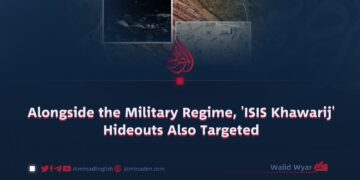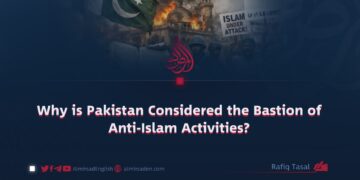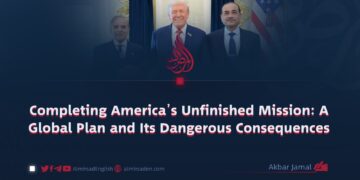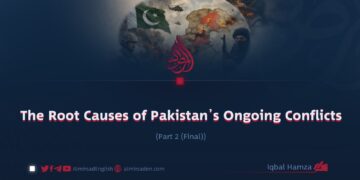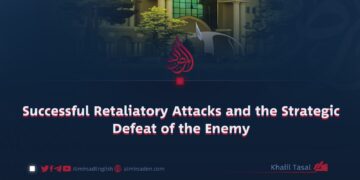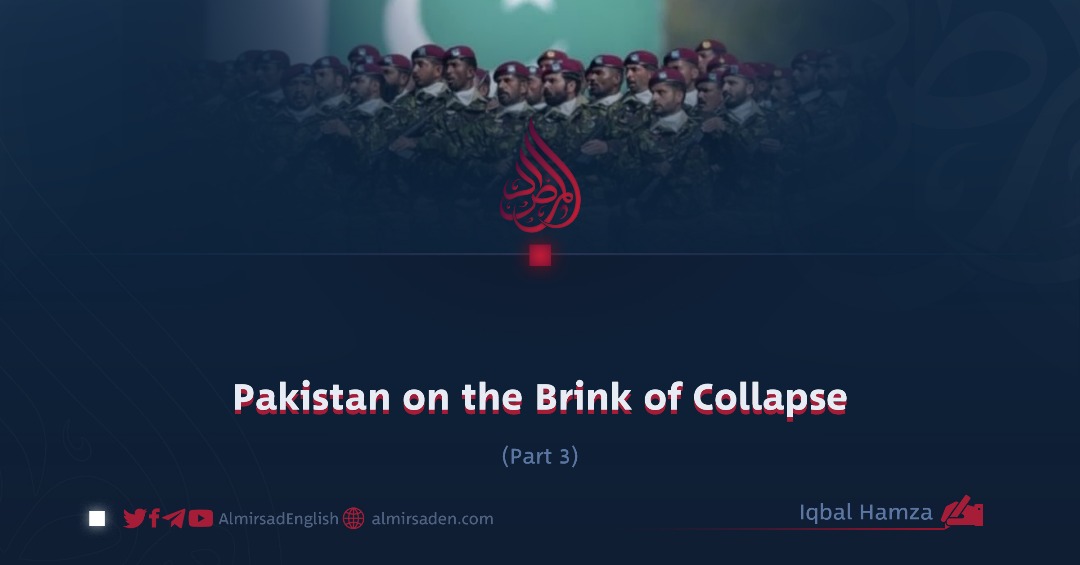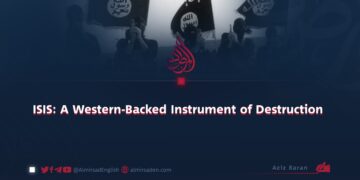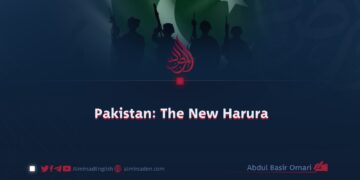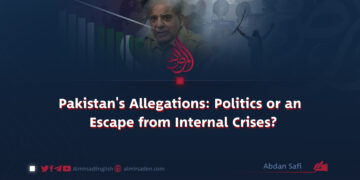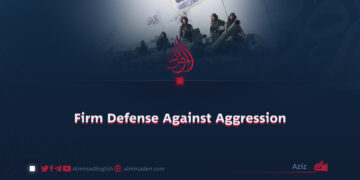Part 3
Iqbal Hamza
The Third Reason: The Exposure and Weakness of Pakistan’s Intelligence Agencies
One of the key reasons Pakistan now stands on the edge of collapse is the growing exposure and decline of its intelligence agencies. For decades, these institutions relied more on myth-making and propaganda than genuine effectiveness. Today, however, their true face has been laid bare before both the people of Pakistan and their opponents.
In earlier years, state propaganda worked relentlessly to instill fear in the public. A widespread belief took root that every third citizen was somehow connected to the military or the government’s intelligence network. People lived under constant suspicion and intimidation. Whenever a security incident occurred, people would instinctively say, “This is happening with ISI’s approval.”
The public had become so psychologically conditioned by the aura of the ISI that they believed nothing in the country could escape its reach. The agency was seen as all-powerful, incorruptible, and devoted entirely to the nation’s welfare.
That image, however, has crumbled. Over the past five or six years, the resistance movements of the Pakistani Taliban and Baloch separatists have stripped away the ISI’s carefully constructed façade. It has become increasingly clear that the organization functions less as an intelligence service and more as a propaganda machine, one in which corruption and moral decay have deeply penetrated the upper ranks.
Rather than protecting national interests, senior officials appear more preoccupied with political manipulation and secret dealings that serve their own gain. Their brazenness has reached an extent that they even maintain secret relations and transactions with with one of the world’s greatest oppressors, Israel.
The abuses committed by these agencies against their own citizens, their violations of privacy, dignity, and even life, have further eroded whatever legitimacy they once possessed. The ISI is no longer viewed as an institution acting for the people’s welfare, but rather one serving its own agenda and that of foreign allies.
There was a time when, if someone was killed by the ISI, the public assumed the victim must have been guilty. “The ISI never kills without reason,” people would say. That belief no longer holds. Today, most Pakistanis recognize that such killings often serve private agendas or fulfill strategic objectives dictated by foreign patrons.
The long-standing myth of Pakistan’s military might, the claim that its army ranks among the strongest in the world, has also worn thin. As the once-paralyzing fear of the ISI fades, citizens have begun to speak more openly, to demand their rights, and to decide for themselves where truth and justice lie.
This awakening has opened the door for armed opposition groups to attract sympathy and support from the wider population. It is this shift in public sentiment that has unleashed the powerful wave now shaking Pakistan’s military regime. The regime finds itself increasingly anxious and alarmed, yet instead of confronting its own failures, it continues to cast blame on neighboring countries for the turmoil within.













